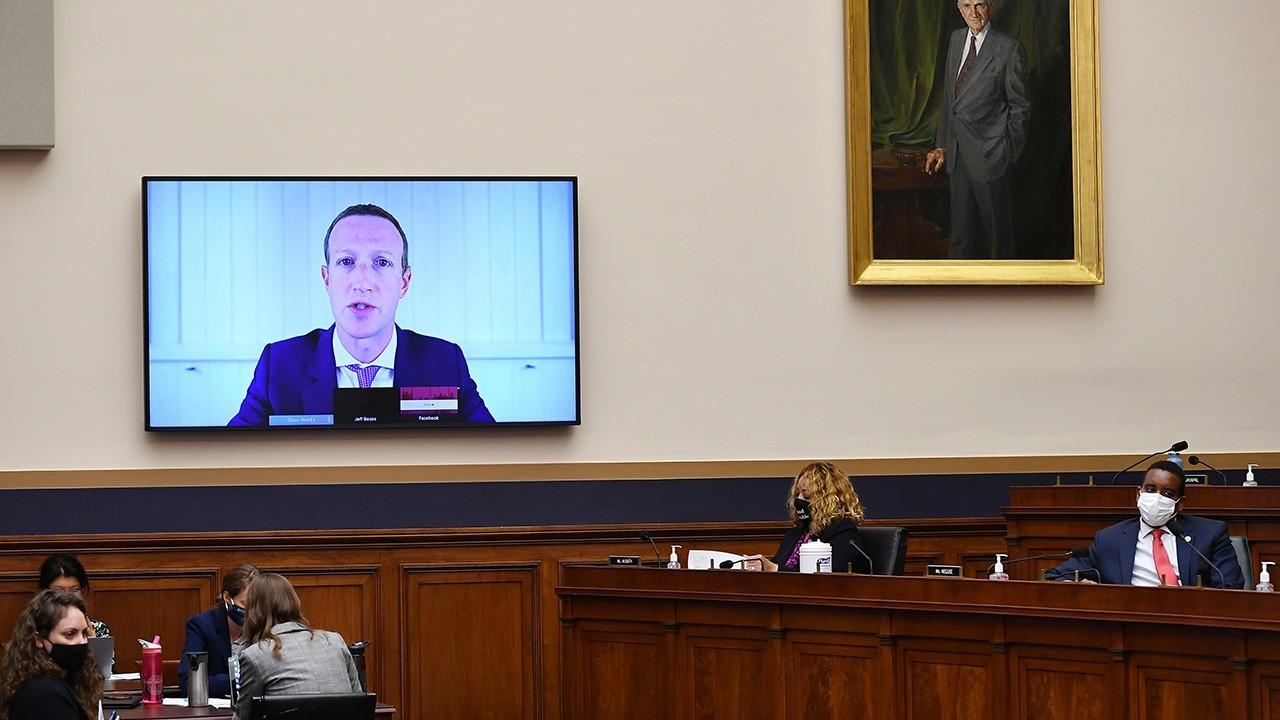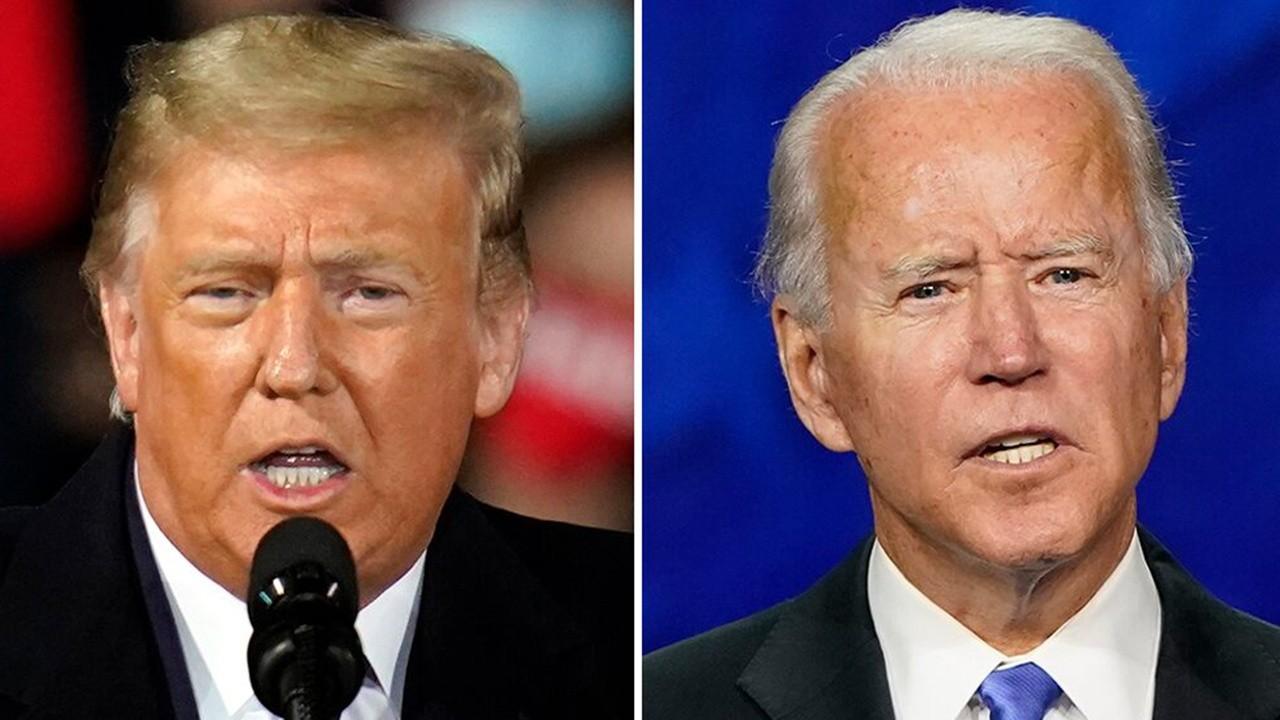Half of social media users in three election battlegrounds see ads questioning results
Half of respondents said they believed targeted political ads are 'hindering democracy'
An October survey by British market research company YouGov has found that over half of social media users in three key battleground states have seen advertisements questioning the validity of results in the 2020 presidential election.
About 54% of the 1,500 participants across the Rust Belt states of Ohio, Pennsylvania and Wisconsin reported seeing such ads, and 50% said they believed targeted political spots are "hindering democracy."
WALL STREET DONATIONS FAVOR TRUMP RIVAL JOE BIDEN BY SMALLER MARGIN THAN HILLARY CLINTON
Some 68% opposed being targeted by political ads based on demographic information, and a majority asserted that social media companies should be transparent about how ads are being used and funded.
The questionnaire's margin of error was 2.92 percentage points.
The YouGov findings come after President Trump spent months tweeting that the process might be "rigged" and arguing that mail voting widely used during the COIVD-19 pandemic will be riddled with fraud -- despite election officials rebutting those claims.
The 2020 campaign is now the most expensive in history, according to projections made by the Center for Responsive Politics.
The battle for the White House and control of the Senate and House is expected to cost nearly $14 billion.
Advertising and marketing have played a large role, and The New York Times noted Wednesday that a large portion of spending has gone into television, with $1.8 billion worth of presidential race ads just this year.
In partnership with the Republican National Committee, the Trump campaign committed to a final $9 million ad-buy for battleground states as part of a $25 million television initiative over the two weeks through Nov. 3.
The Biden-Harris campaign -- which has more cash on hand due to a continuous stream of donations -- bought $54.1 million in TV ad time for the last eight days before the election, according to The Los Angeles Times.
On the digital side, however, the former vice president has had some trouble with Facebook.
The campaign said Thursday that thousands of its ads were erroneously blocked by the social media giant's self-imposed preelection ban on new political spots.
The international nonprofit Global Witness, which commissioned the YouGov survey, is pushing for tighter regulation of tech companies like Facebook.
As Politico reported Friday, the organization has led lawmakers to more closely scrutinize Big Tech -- especially as foreign actors use the platforms to influence elections.
CLICK HERE FOR THE FOX NEWS APP
In an advisory released just last week, the U.S. National Security Agency warned the U.S. Department of Defense of potentially malicious action from Chinese hackers.
The agency recently caught the Russian government in similar efforts related to coronavirus vaccine research. Iran, Russia and Syria have all acted to influence the election as well.





















